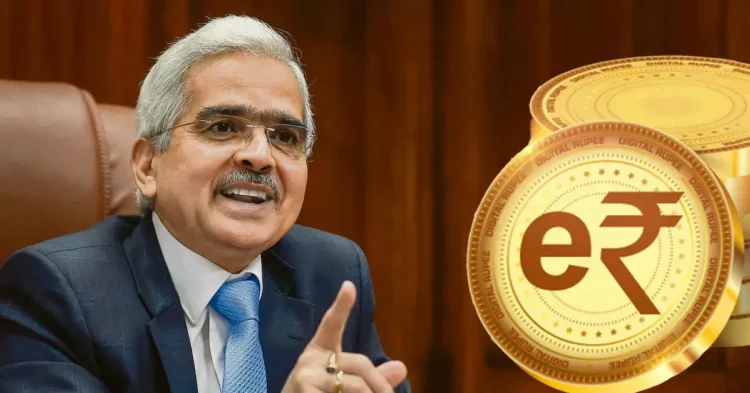India is on a mission to transform its cross-border payment systems, aiming to make transactions faster and more cost-effective. These advancements are crucial for supporting its burgeoning economy. Simultaneously, the nation is focusing on the integration of Central Bank Digital Currencies (CBDCs) and addressing the concerns around artificial intelligence (AI) in banking. These elements are poised to reshape the future of the financial sector significantly. Let’s explore these developments and their potential impact on the global financial landscape.
Faster and Cheaper Cross-Border Payments
The Reserve Bank of India, under the leadership of Governor Shaktikanta Das, is committed to reducing the time and cost associated with international money transfers. This initiative is particularly important for economies like India, where efficient global transactions are vital for growth. To enhance the Real Time Gross Settlement (RTGS) system, proposals include the utilization of major currencies such as USD, EUR, and GBP, facilitating smoother global payment processes.
Furthermore, India is actively exploring cross-border payment systems by seeking potential partnerships with other countries. These collaborations aim to simplify international transactions, making them more accessible and efficient for individuals and businesses alike.
The Promise of CBDCs
Central Bank Digital Currencies hold immense potential for revolutionizing the way money is transferred, especially across borders. India took a significant step forward by launching its CBDC in December 2022, making it available for both wholesale and retail transactions. The government plans to integrate the CBDC with the Unified Payments Interface (UPI) and extend its reach to areas with limited internet connectivity.
Governor Das emphasizes the stability offered by CBDCs, considering the unpredictability of cryptocurrencies. This stability makes CBDCs a more reliable option for everyday transactions, fostering trust and security among users.
AI in Banking
The increasing integration of AI in the banking sector presents both opportunities and challenges. Governor Das has expressed concerns regarding the potential misuse of AI, cautioning against the possibility of cyberattacks and data breaches. It is imperative for banks to exercise caution and implement robust security measures when employing AI technologies.
Aside from AI, cryptocurrencies also pose risks to financial systems. Governor Das advocates for CBDCs as a more secure alternative for managing digital transactions, mitigating the potential chaos associated with cryptocurrencies.
Related Articles
What’s Next?
India is diligently working towards transformative changes in the financial sector. From streamlining cross-border payments to promoting the adoption of CBDCs, the future holds exciting possibilities. However, challenges such as the rise of AI and cryptocurrencies remain. With strategic planning and effective policies, these challenges could be transformed into opportunities, benefiting not only India but also the global economy.











